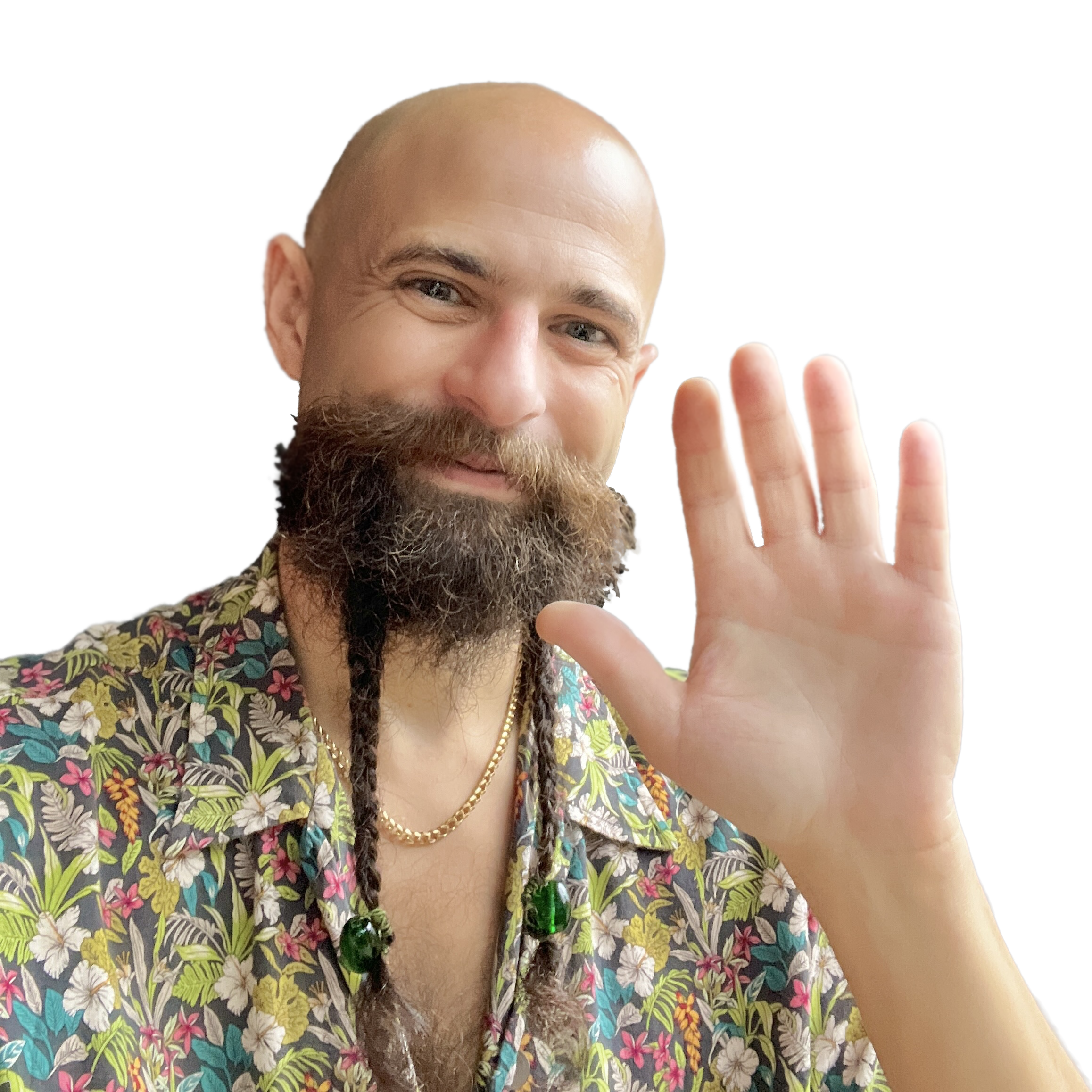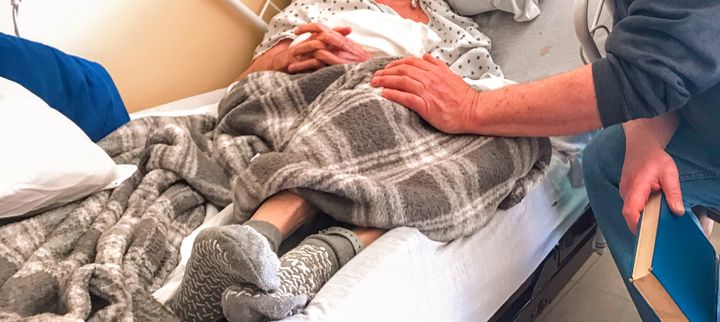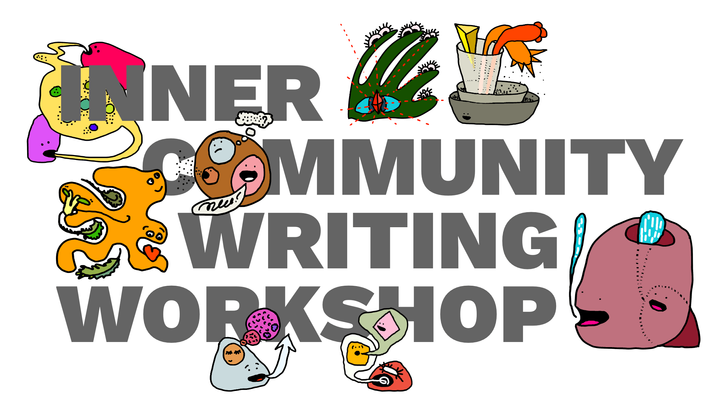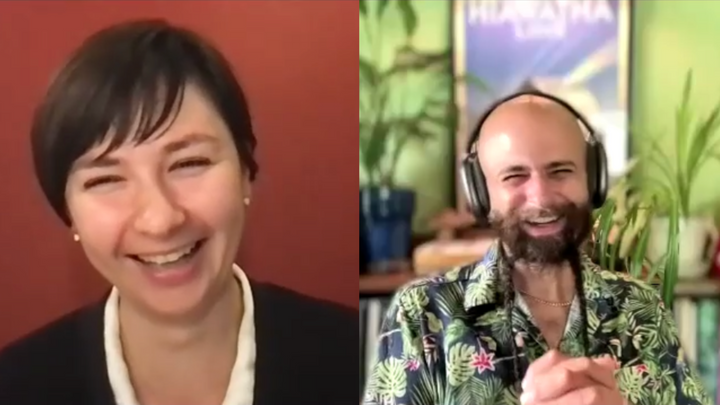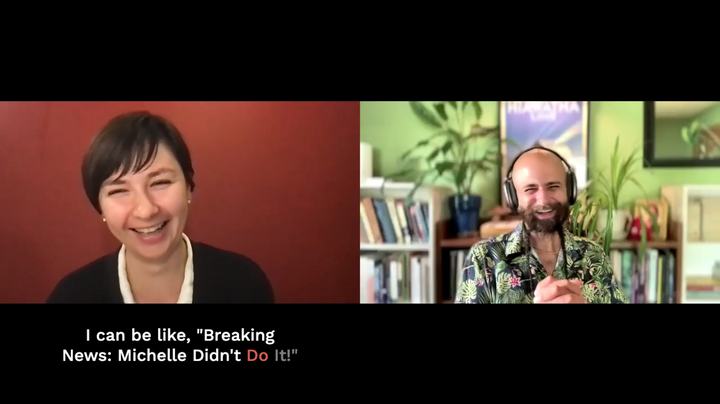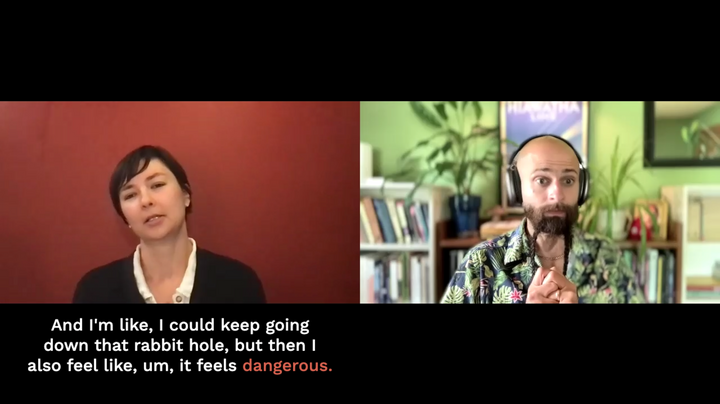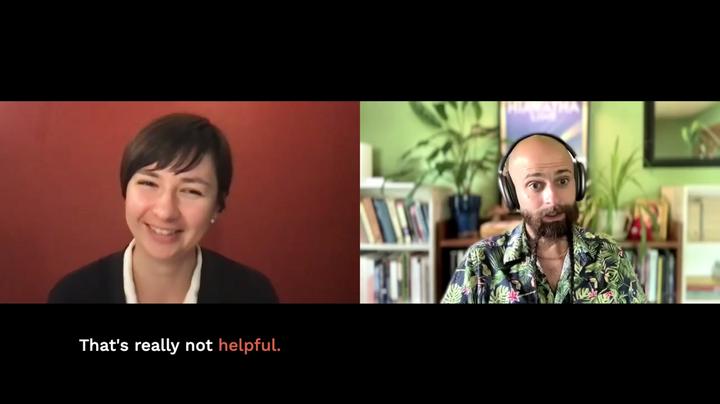
Community safety from the inside out
What I learned from the 2020 uprising for justice in Minneapolis led me to discover oppressive policing where I least expected it: in my own mind. That discovery led me to the liberating model of community healing I use in my coaching today.


